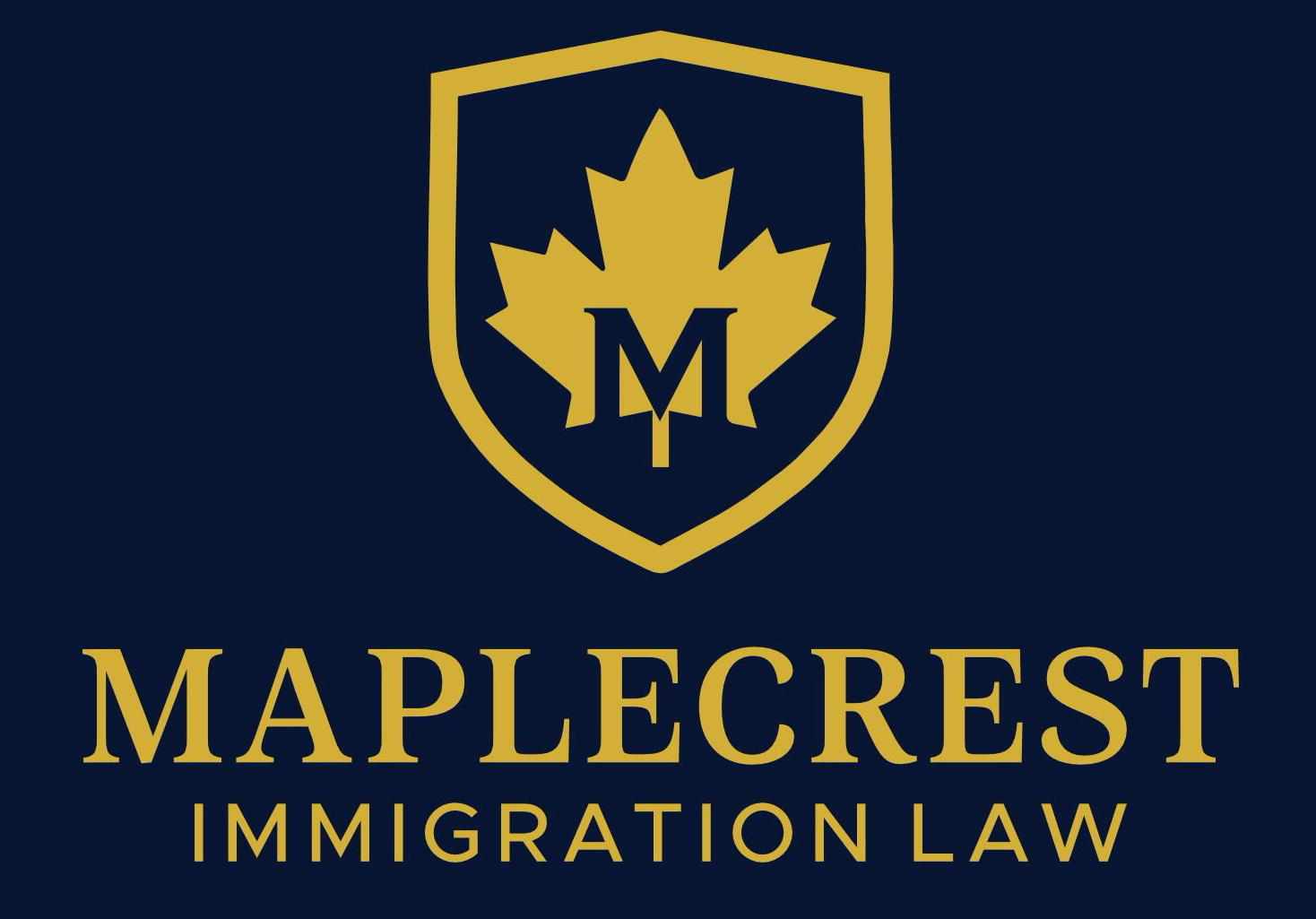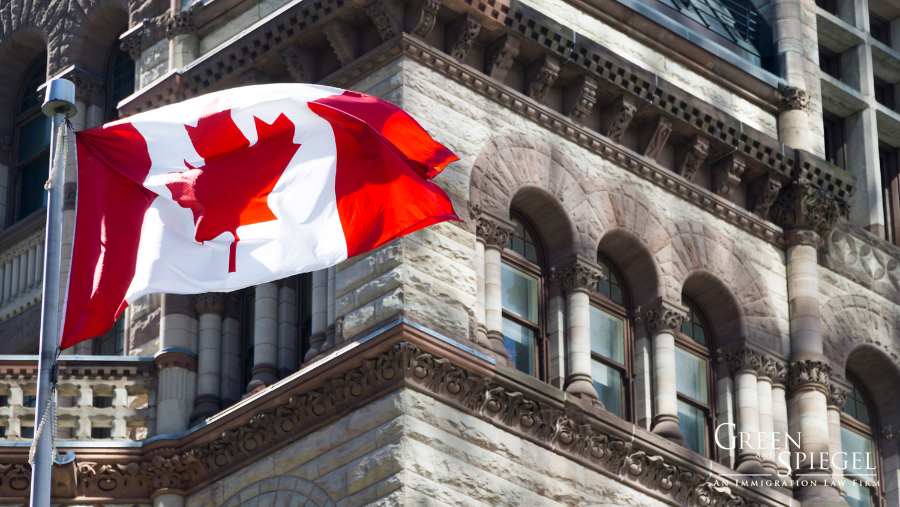Canada’s Francophone Minority Communities Student Pilot (FMCSP) has opened a direct study-to-permanent residence pathway for French-speaking students from 33 eligible countries. This immigration pilot offers a faster, more certain route to Canadian permanent residency compared to the traditional study permit-to-work permit process.
The FMCSP allows eligible students to apply for permanent residence (PR) immediately after graduating from a participating post-secondary institution. Unlike the Post-Graduation Work Permit (PGWP) and Canadian Experience Class route, where Express Entry draws are competitive and unpredictable, the FMCSP offers a streamlined path with defined requirements.
Why This Permanent Residence Pathway Matters
For many international students, the journey from studies to PR is uncertain. Under the standard Canadian permanent residence process, graduates rely on work permits and competitive immigration draws. The FMCSP eliminates these uncertainties by guaranteeing eligibility to apply for PR after graduation if all criteria are met.
One of its major advantages is the reduced French-language requirement. Applicants need a Niveau de compétence linguistique canadien (NCLC) level 5, compared to NCLC 7 for Express Entry French draws. This lower threshold opens the door to more students who can communicate effectively in French but might not reach higher proficiency levels.
Eligible Countries
Applicants must be citizens of one of the following countries:
Bénin
Burkina Faso
Burundi
Cabo Verde
Cameroon
Central African Republic
Chad, Comoros
Côte d’Ivoire
Democratic Republic of the Congo
Dominica, Republic of the Congo
Djibouti, Egypt
Equatorial Guinea
Gabon, Guinea
Guinea-Bissau
Haïti, Lebanon
Madagascar
Mali
Mauritani
Mauritiu
Morocco
Niger
Rwanda
Saint Lucia
São Tomé
Principe
Senegal
Seychelles
Togo
Tunisia
Key Eligibility Requirements
To qualify for this study in Canada requirements pathway, applicants must:
-
Hold citizenship from one of the 33 listed countries.
-
Have a valid letter of acceptance from a participating designated learning institution (DLI) outside Quebec, specifically indicating FMCSP application.
-
Prove financial capacity to cover tuition and living expenses for themselves and accompanying family members.
-
Reside outside Canada when applying.
-
Demonstrate French proficiency at NCLC 5 in speaking, listening, reading, and writing.
-
Plan to study full-time for at least two years at the post-secondary level.
-
Complete a program where over 50% of instruction is in French, leading to a diploma or degree.
-
Provide police clearance and medical exams when required.
Participating Institutions
Currently, 14 French-language or bilingual Canadian designated learning institutions (DLIs) outside Quebec are officially part of the FMCSP, with more expected to join as the pilot expands. These institutions are recognized for delivering high-quality education while supporting the integration of French-speaking students into minority communities across Canada.
Each participating school offers specific campuses approved under the FMCSP. Applicants must verify that the campus and program they select are officially listed under the pilot. Applying to a non-participating campus of the same institution will not make you eligible.
Examples of current participating institutions and campuses include:
-
Collège Boréal – Ontario campuses in Sudbury, Toronto, Windsor, Ottawa, Nipissing, Timmins, Hearst, and Kapuskasing.
-
Université de Moncton – Campuses in Edmundston, Moncton, and Shippagan (New Brunswick).
-
University of Alberta – Edmonton campus (Alberta).
-
York University – Glendon Campus – Toronto (Ontario).
-
Université de l’Ontario français – Toronto (Ontario).
Other approved institutions include Université de Hearst, Collège La Cité, University of Ottawa, Université Laurentienne, Université Saint-Paul, Collège Communautaire du Nouveau-Brunswick, Collège Éducacentre, Collège Mathieu, and University of Regina.
Applicants should confirm campus eligibility directly through IRCC’s official list of participating DLIs before submitting their study permit application. This step is crucial, as enrollment in the wrong campus or program will result in ineligibility for the FMCSP’s permanent residence pathway.
How to Apply for the FMCSP
The application process involves several steps:
-
Apply to a Participating DLI
Secure a letter of acceptance clearly stating FMCSP eligibility. -
Submit a Study Permit Application
Apply online through an IRCC Secure Account. In rare cases, applications can be made through a local visa office. -
Provide Required Documents:
-
Letter of acceptance from a participating DLI.
-
Proof of financial support.
-
Official French language test for immigration results from TEF Canada or TCF Canada.
-
Police certificate (if required).
-
Medical exam results (if required).
-
-
Pay the Processing Fee
The FMCSP study permit application costs $150. Biometrics, if required, must be provided within 30 days at a visa application center. -
Receive Approval
Approved applicants get a Port of Entry (POE) Letter of Introduction, along with either an Electronic Travel Authorization (eTA) or a visitor visa.
Financial Requirements
Applicants must prove they have sufficient funds for tuition, living expenses, and travel. The required amount depends on family size and the school’s location. For a single applicant, living expenses range from $14,206 to $20,635 per year.
Acceptable proof includes:
-
Canadian bank account statements
-
Guaranteed Investment Certificates (GICs)
-
Student or education loan documents
-
Personal bank statements (last four months)
-
Receipts for tuition or housing payments
-
Letters of financial support
-
Proof of Canadian scholarships or funding
More details on proof of financial support for Canada study permit can help applicants prepare stronger applications.
Obtaining Permanent Residency After Graduation
Graduates of the FMCSP may apply for PR if they:
-
Live in Canada outside Quebec.
-
Hold valid temporary resident status.
-
Completed an eligible FMCSP program.
Unlike most immigration streams, this is one of the few immigrate to Canada without a job offer options. It allows students to bypass the competitive Express Entry pool while still securing permanent residency.
Program Launch and Intake Caps
The FMCSP began on August 26, 2024, with an annual cap of 2,300 study permit applications. IRCC will announce the 2025 cap in August.
Participants gain access to settlement services during their studies. Eligible spouses, partners, and children can join on visitor visas, study permits, or open work permits.
Why the FMCSP Offers a Unique Advantage
This pilot bridges the gap between Canada’s need for French-speaking residents outside Quebec and students’ desire for a clear immigration plan. It combines:
-
A clearer path to PR than traditional routes.
-
Lower French-language requirements than Express Entry.
-
Direct eligibility without employment prerequisites.
-
Settlement support services during studies.
It stands out among other Express Entry alternatives by removing many of the competitive barriers international students face.
Next Steps for Interested Students
If you’re a French-speaking student from one of the eligible countries, you can start by:
-
Researching participating DLIs and eligible programs.
-
Preparing language test results early.
-
Gathering financial proof before applying.
-
Submitting a well-prepared study permit application to avoid delays.
Conclusion
The Francophone Minority Communities Student Pilot (FMCSP) is more than just a study permit program—it is a structured, reliable permanent residence pathway for French-speaking students from eligible countries. By lowering language barriers, removing the need for a job offer, and offering direct access to settlement support, the FMCSP gives students a clear route from education to long-term residency in Canada.
If you want expert guidance on using the FMCSP as your permanent residence pathway, Maple Crest Immigration Law can help you every step of the way, from selecting the right program to preparing your PR application after graduation.
Contact Maple Crest Immigration Law today for a consultation and start your journey toward Canadian permanent residency with confidence.




